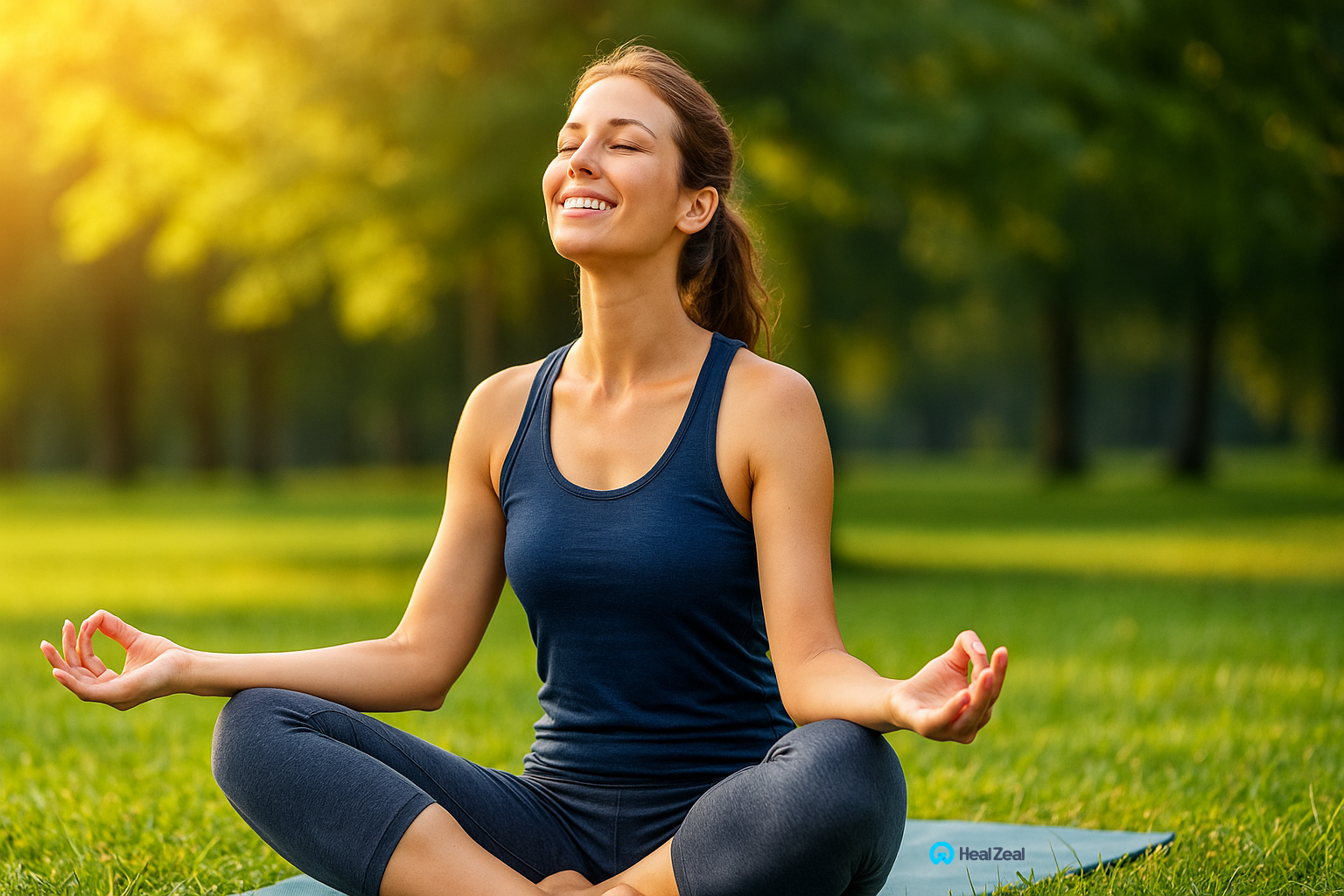
Anxiety is a common struggle in today’s fast-paced world. From deadlines and traffic to screens and social pressures, our minds often don’t get a break. While anxiety can feel overwhelming, the good news is there are natural remedies and simple lifestyle changes that can help ease the symptoms and support your mental well-being.
Here are evidence-backed natural ways to reduce anxiety and feel more in control- no prescriptions required.
Caffeine is a natural stimulant found in coffee, tea, chocolate, and energy drinks. While it can give you a quick boost, too much caffeine can increase anxiety, heart rate, and restlessness—especially if you're already feeling stressed.
If you find yourself feeling jittery, edgy, or anxious after caffeine, consider switching to herbal teas or low-caffeine alternatives like green tea or chicory coffee.
Physical activity is one of the most powerful tools for managing anxiety. Regular movement helps reduce stress hormones like cortisol and boosts feel-good chemicals like endorphins.
Even something as simple as a 30-minute walk, yoga, dancing, or cycling can:
Improve your mood
Help you sleep better
Release built-up tension in your body
Aim for at least 3–5 days a week of moderate activity.
Aromatherapy is more than a trend—it works. Burning scented candles or using essential oils can help create a calming environment. Some of the most effective scents for reducing anxiety include:
Lavender
Rose
Vetiver
Neroli
Chamomile
Try a few drops in a diffuser, a pillow spray, or add them to your bath.
Certain herbal supplements and nutrients have been shown to help reduce anxiety symptoms. Popular natural options include:
Lemon balm
Valerian root
Omega-3 fatty acids
L-theanine (found in green tea)
Magnesium
Always check with your doctor before starting any supplement, especially if you're taking medications
Believe it or not, chewing gum can be a quick stress-relief trick. Studies show that it may:
Reduce stress hormone levels
Improve blood flow to the brain
Create calming brainwave patterns
Keep a pack of sugar-free gum handy for when you feel tense or need to focus.
Yoga combines movement, breathing, and mindfulness- a powerful trio for mental health. Practicing yoga regularly may help:
Lower stress levels
Improve mood
Reduce symptoms of anxiety and depression
Even simple beginner poses and deep breathing can have calming effects.
Music has a direct impact on the nervous system. Listening to calming or uplifting tunes can:
Lower blood pressure and heart rate
Ease muscle tension
Help you relax or sleep better
Instrumental, nature sounds, or your favorite playlist- whatever brings you peace- can be part of your anxiety toolkit.
Lack of sleep can worsen anxiety—and anxiety can make sleep harder. It’s a frustrating cycle. Aim for 7 to 9 hours of quality sleep per night to support your emotional and mental health.
Tips for better sleep:
Stick to a regular sleep schedule
Avoid screens an hour before bed
Create a relaxing bedtime routine
Good sleep = better mood, clearer thinking, and more emotional balance.
A Few Last Words
Managing anxiety naturally is possible-and often, small daily habits can make the biggest difference. By moving more, resting well, eating mindfully, and finding ways to relax, you can support your mental health without medication.
Start small. Pick one or two tips that feel manageable, and build from there. If your anxiety feels unmanageable, it’s always a good idea to talk to a healthcare professional for additional support.